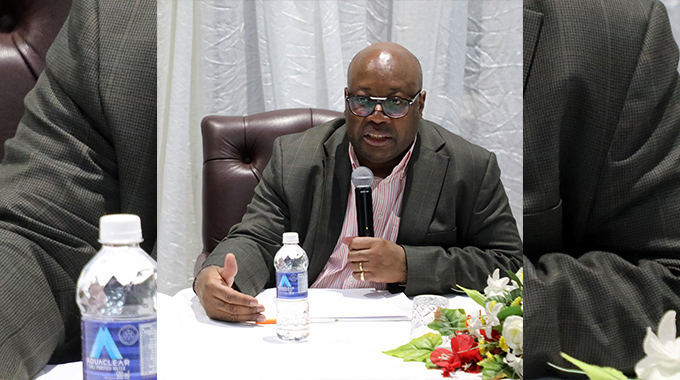Why insurance firms refuse/reject claims

Taurai Craig Museka
MOST of us focus on the price when we buy insurance rather the the features or terms of insurance. I have encountered a lot of bitter people who declare they will never trust insurance companies because their claims were refused.
In a perfect world, insurance companies would make clear communication in simple language on their terms and buyers would take their time to read about what they have bought.
Filing a claim would be so simple and insurance claims departments would transfer the claimants’ payment quickly every time. I really wish it was that simple. The truth is claim refusal is a reality. A lot of people do not know this until they get into that situation. From experience there are many reasons why your claim might be refused and you should watch out for some of these.
Incorrect information – giving your insurance company wrong information might affect your insurance terms and could affect your claim. For example if you tell your insurance company that your car is used for private use then it’s found that it was being used for commercial purposes as a taxi when you claim, your claim will be refused. Make sure you give the correct information always so that you are quoted correctly.
Negligence – This is very common mistake people make. I had an encounter with someone who had their laptop stolen because they had left it in an unlocked vehicle. Some people alter their behaviour and become reckless because they are insured. To avoid your insurance company rejecting your claim, make sure you take all reasonable and necessary steps to protect and preserve your insured assets.
Policy exclusions – exclusions are simply circumstances that your insurance company does not cover for. One of my farmer friends lost his flock of chickens to Newcastle disease. After years of paying insurance premiums he was excited that he was finally going to experience the importance of insurance. He was devastated to find out that the newcastle disease was excluded from his poultry insurance. It is easy to get relaxed and pay insurance for many years without proper information on what is covered and what is not. Make sure you are informed about what your insurance covers or better yet mention to your insurer what you intend to have covered.
Mismatching dates – Your insurance company might reject your claim because your insurance was not in force when your loss occurred. A good example is when you take on funeral assurance. Most companies require that you pay premiums for three months (waiting period) before it is in force. If a covered person dies within the three months, the assurance company will not pay because the policy would not have been in force. Your insurance company will only pay a claim for the time at which your policy would be in force.
Unpaid premiums or missing installments – an insurance contract cannot be concluded without exchange of money. Your insurance will only start working the moment you make a payment for it. This means that if you get a quote from your insurance company and you’re involved in an accident when you’re on your way to pay for it you will not be covered and your claim will be refused. You will not be covered if you pay your insurance in installments and you skip some months payments. Your insurance company will likely give you a few days grace period to pay your instalments but if that period passes you are likely to have your claim rejected. To make sure your installments are up to date, get advice on how to effect stop orders from your bank to avoid forgetting to make payments.
Claim rejections can be prevented if we focus more on insurance features instead of just the price. Instead of just looking at the cheapest insurance look at what it covers for example tobacco insurance that covers tobacco from the field to the floor, goods in transit insurance that covers all risk rather than accidents only, funeral insurance that is loaded with grocery plans, education plans and a lump sum etc. Although these might cost you more, they make insurance more meaningful.
Article by Taurai Craig Museka, a freelance insurance writer. Send feedback to [email protected]










Comments